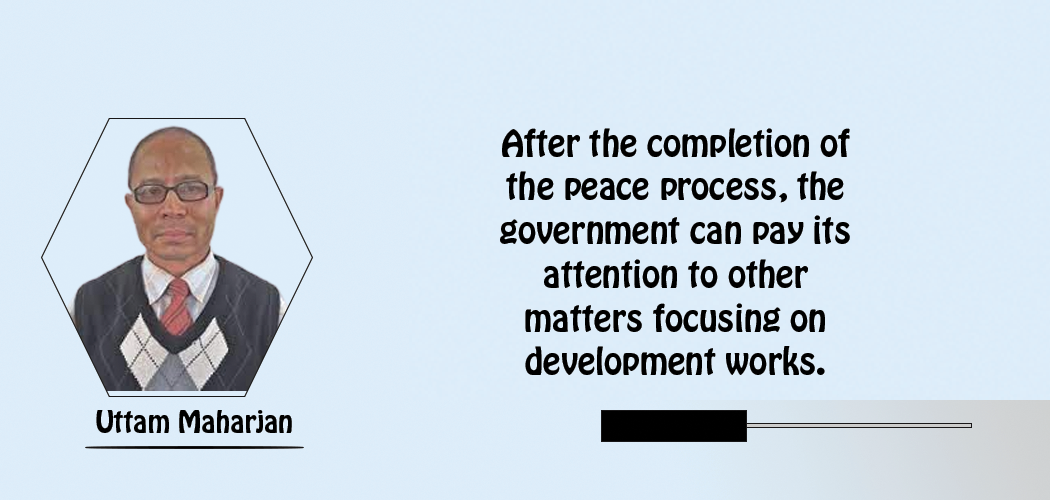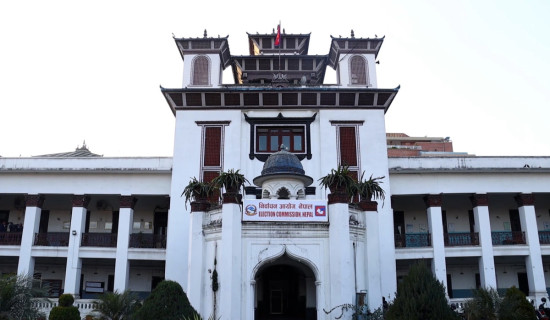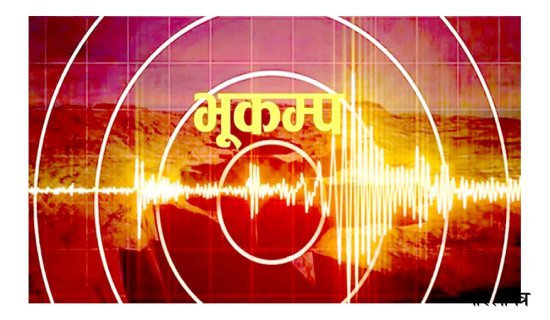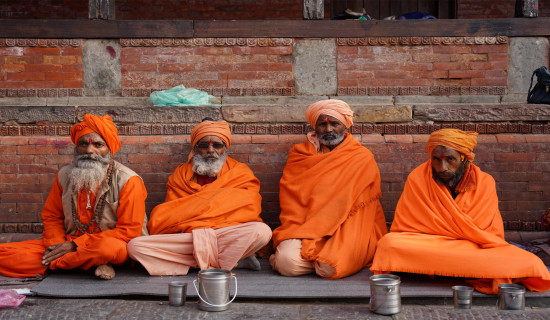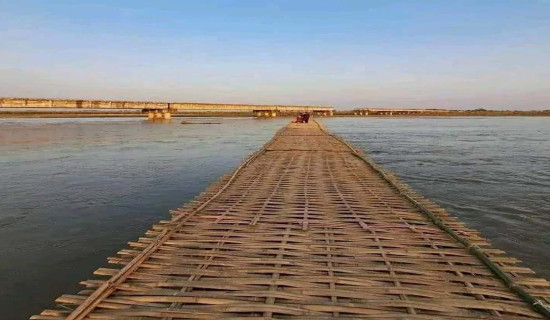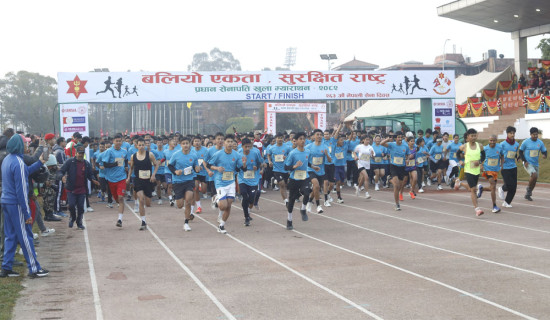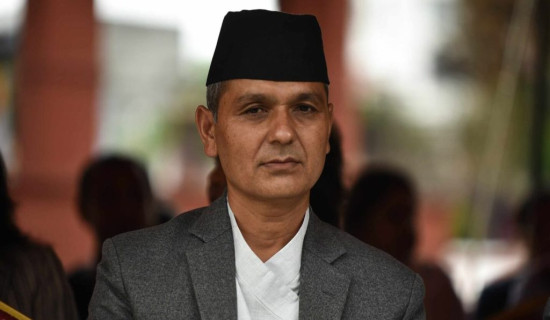- Sunday, 8 February 2026
Conclude Protracted Peace Process
The Bill for the Amendment to the Investigation of Enforced Disappeared Persons, Truth and Reconciliation Commission Act 2014 (the TJA Amendment Bill) was presented to Parliament on 15 July 2022. The Bill is still under consideration in parliament. Since the Bill was presented to parliament for endorsement, voices of concern have emerged among the conflict victims, human rights and civil society organisations and other stakeholders.
The Bill contains some sections that purport to give impunity to the perpetrators of grave human rights violations during the 1996-2006 Maoist insurgency. Before the presentation of the Bill, the conflict victims, human rights and civil society organisations and other stakeholders had given suggestions for incorporation into the Bill. But the Bill was hastily drafted and presented to parliament, giving short shrift to such suggestions. That is why there are voices that some objectionable sections of the Bill in favour of the perpetrators of grave crimes should be amended.
Accountability
More than 30 human rights and civil society organisations have urged the government to rectify the flaws in the Bill. Legal experts are of the opinion that if the Bill is passed in its current form, it will diminish accountability for grave human rights violations. Even the General Secretary of the United Nations, Antonio Guterres, has been requested by the conflict victims and human rights advocates to intervene so as to pressurise the government to amend the Bill to make it victim-friendly.
As claimed by the conflict victims, human rights and civil society organisations and other stakeholders, the Bill is against Nepal’s obligations under domestic and international laws. The Bill is not in inconformity with international human rights standards. Further, the Bill has not taken into consideration the Supreme Court’s decisions regarding the transitional justice mechanism.
The Bill has classified human rights violations but even grave human rights violations, civil war crimes and crimes against humanity have been sidelined in a bid to spare the perpetrators of grave human rights violations and crimes.
The Bill has no provision for appeal against the decisions of the Special Court, which is a major disadvantage for the conflict victims. The Special Court will be set up to deal exclusively with conflict-related crimes. The Truth and Reconciliation Commission has not been empowered to investigate conflict-related serious crimes. The Bill has made the Special Court all the more powerful at the cost of the Truth and Reconciliation Commission (TRC) and the Commission for the Investigation of Enforced Disappeared Persons (CIEDP).
There are, however, certain positive aspects in the Bill. Expansion of the truth-seeking mandate of the TRC and the recognition of the conflict victims’ rights to reparations are praiseworthy.
Although the provision for reparations is welcome, the conflict victims prefer justice to such reparations. They fear that the perpetrators of grave crimes may go scot-free. They want the Bill to be victim-friendly rather than perpetrator-friendly. They also want to know the whys and the wherefores behind the killing or disappearance of their relatives during the decade-long insurgency.
The peace process began in Nepal in 2006 with the signing of the Comprehensive Peace Accord (CPA) between the government and the Maoist insurgents. The issue of the Maoist combatants has been settled by either integrating them into the Nepali Army or giving them compensation. However, the issues of truth and reconciliation and enforced disappearance have lingered on ad nauseam. It has been 16 years since the CPA was inked.
As long as the cases of truth and reconciliation and enforced disappearance are not settled, the peace process will not be complete. The credit for the introduction of the republican system in the country indubitably goes to the Maoist insurgency. The monarchy has been thrown on the scrap-heap of history and the republican system is running. But just changing the system of government is not enough. The change should be reflected in the improvement of the country and in the uplift of the socio-economic conditions of the people.
Why is the government sitting on the truth and reconciliation and enforced disappearance issues? It may be noted that both the state forces and Maoist insurgents are to blame for the killing and enforced disappearance of thousands of people. The number of killed is put at 17,000. Regarding the disappeared people, in 2020 the CIEDP published a list of 2,506 disappeared persons without saying anything about their fate. Both parties to the armed conflict-- state forces and Maoist insurgents – are at the top echelons of the administration. They have the clout. So the Bill has contained loopholes through which they can easily go scot-free.
Reservations
As the conflict victims, human rights and civil society organisations and other stakeholders have expressed their reservations about some sections of the Bill, the government should reconsider the Bill. It is the duty of the government to deliver justice to the conflict victims. They lost their near and dear ones or their near and dear ones disappeared at the hands of the state forces or Maoist rebels during the Maoist insurrection. They have been waiting for justice for the last sixteen years.
Failure to deliver justice on the part of the government might lead to another conflict between the government and the conflict victims. The sooner this remaining aspect of the peace process is settled, the better. After the completion of the peace process, the government can pay its attention to other matters focusing on development works. The government should, under no circumstances, underestimate the strength of the conflict victims. Nor should it test their patience. After all, completion of the peace process is the need of the hour.
(Maharjan has been regularly writing on contemporary issues for this daily since 2000. uttam.maharjan1964@gmail.com)

